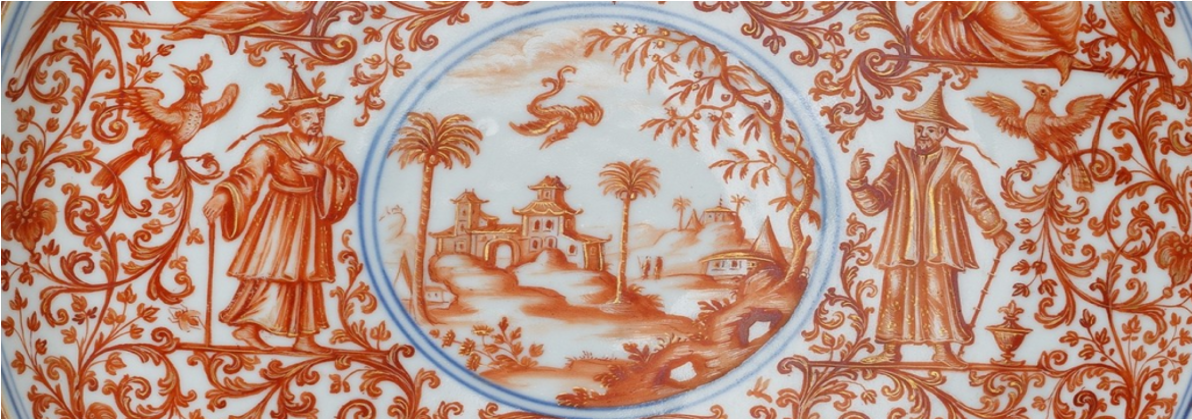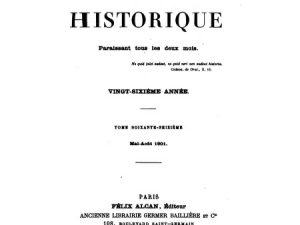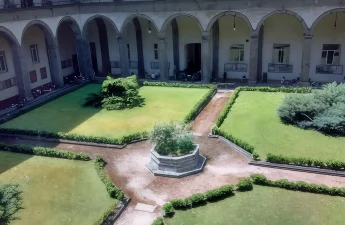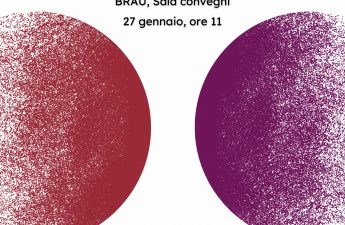Looking Sideways:
Medieval and Early Modern History in Italian and Chinese perspectives
December 2025 – July 2026
This second cycle of Italian-Chinese seminars aims to understand different perspectives on Medieval and Early Modern topics by bringing together PhD students and young scholars to explore major themes in historical research — from power and legitimacy to networks, minorities, and cross-cultural encounters — in a comparative and truly global framework. Each of the eight sessions features paired presentations by Chinese and Italian scholars, followed by discussion moderated by senior scholars.
The series aims to foster intellectual exchange, encourage joint research projects, and strengthen the cultural and academic ties between Europe and China through the study of history in its broadest and most interconnected dimensions.
Registration form: https://forms.office.com/e/LYbhiX9jDU
Online on Teams: https://tinyurl.com/54rfuzrb
1) Ethnic Identities in Late Antique West: Power, Religion, Literature
[19 December 2025, h. 10-12 (CET) / 17-19 (CST)]
Roberto Delle Donne (Coordinator of the PhD Programme in Historical Studies) — Opening Remarks (PDF)
Chair: Donato Sitaro (UNINA)
– Jiaming Zheng (Beijing Normal University) – Christian Faith and Ethnic Identity of the Visigoths from the Age of Ulfilas to Reccared I
– Riccardo D’Ascenzi (University of Tübingen) – Vandal Rule and Latin Verse: Shaping Identity in Late Antique Africa
2) Communities and Minorities I: Medieval and Modern minorities in a long-durée perspective
[19 January 2026, h. 10-12 (CET) / 17-19 (CST)]
Chair: Salvatore Liccardo (Vienna)
– Andrea Petruccione (UNIMOL) – The game of small numbers and big results: The Normans wrestling with power between Saints and Cities
– Jiaren Liu (Jilin University) – Motivations and Resettlement: A Study of German Migration to Russia under Catherine the Great
3) Legitimacy and Authority: The bishops in times of change
[13 February 2026, h. 10-12 (CET) / 17-19 (CST)]
Chair: Jeffrey Berland (Tübingen)
– Stefano De Vita (UNINA) – Peripheral Powers in Comparison: The Dukes of Naples in the Eight Century
– Qianyu Wang (Ghent) – Mapping the changing relationship between bishops and monastics in Normandy c. 1000-1140
4) Communities and Minorities II: Jesuits in the Far East
[March 2026, h. 10-12 (CET) / 17-19 (CST)]
Chair: Wim Verbaal (Universiteit Gent)
– Zijie Li (Beijing Normal University) – Giulio Aleni’s Xi Xue Fan and the Introduction of Western Education in the Late Ming Dinasty
– Martina Gargiulo (UNINA) – Still Desiring China: The Society of Jesus and the Indipetae Letters to General Roothan (1831-1852)
5) Carolingian Transitions
[April 2026, h. 10-12 (CET) / 17-19 (CST)]
Chair: Edoardo Manarini (UNIMORE)
– Jiamin Zhang (Jinan University) – The Transformation of Royal Legitimacy in late Carolingian Period and Its Impact on the Political Landscape
– Manuel Fauliri (Trento) – Craftsmen and their networks in Carolingian Italy
6) Places of Power and Legitimacy
[May 2026, h. 10-12 (CET) / 17-19 (CST)]
Chair: Salvatore Marino (UNINA)
– Simona Puca (UNINA) – Warfare and Philosophy of War in the Byzantine Military Treaties. La mètis des Byzantins
– Jiawei Weng (Tübingen) – Power, Property, and Place: Henry the Lion and Regional Frontiers in Monastic Leasing Practices
7) Borders and Legitimacy in the Early Middle Ages
[June 2026, h. 10-12 (CET) / 17-19 (CST)]
Chair: Marco Franzoni (Padova)
– Xuke Wang (Beijing) – Contemporary perceptions on the Frankish and Bavarian rulership in the 8th century
– Donato Sitaro (UNINA) – The Pillar of Eliseg and its implication for Anglo-Welsh relationship in 8th-9th century Britain
8) Imperial Ideology and Eschatology
[July 2026, h. 10-12 (CET) / 17-19 (CST)]
Chair: Roberto Delle Donne (UNINA)
– Francesco Sicilia (UNINA) – Cultures of eschatology and the Sovereign: questions concerning recent studies on monarchies
– Hao Wu (Beijing/Berlin) – Local Identity and Imperial Identity in the Fourteenth-Century Kingdom of Bohemia: Focusing on Charles IV
Organizers: Donato Sitaro (Naples), Jiawei Weng (Tübingen/Beijing), Qianyu Wang (Ghent)
Past cycle (2024): Italian-Chinese Dialogues: A Series of Doctoral Seminars in the Humanities: https://www.dottoratostoria.unina.it/index.php/italian-chinese-dialogues-a-series-of-doctoral-seminars-in-the-humanities/



